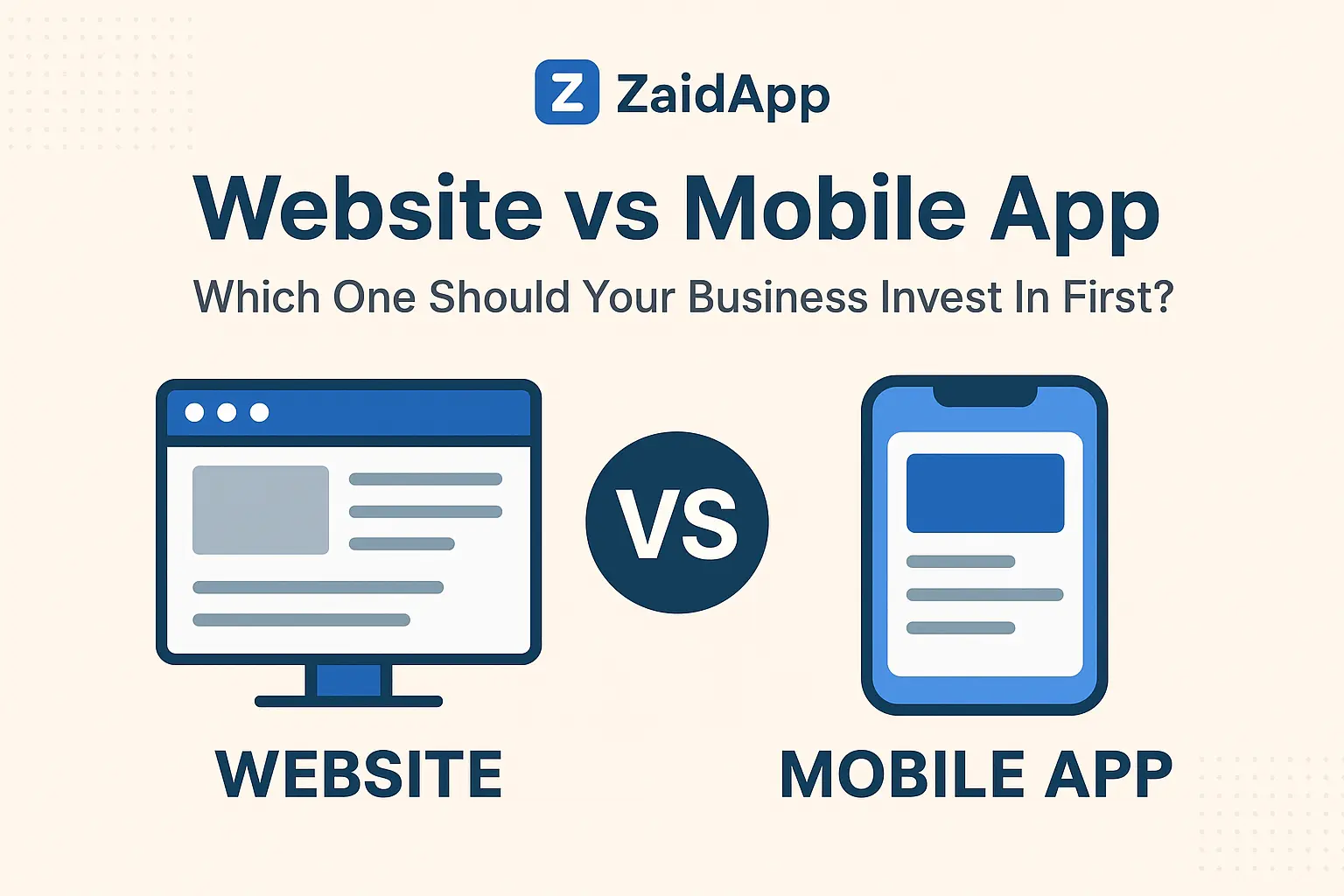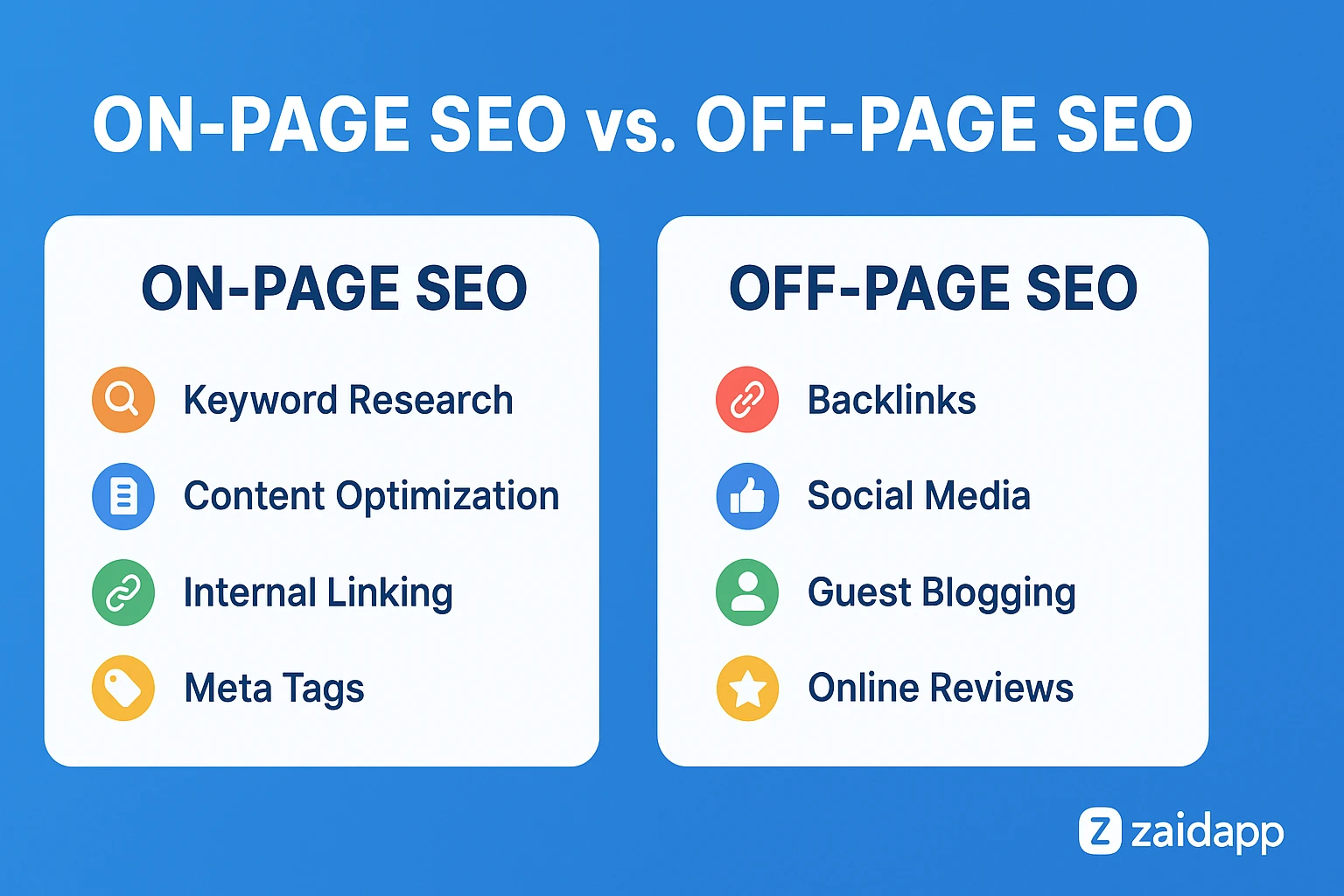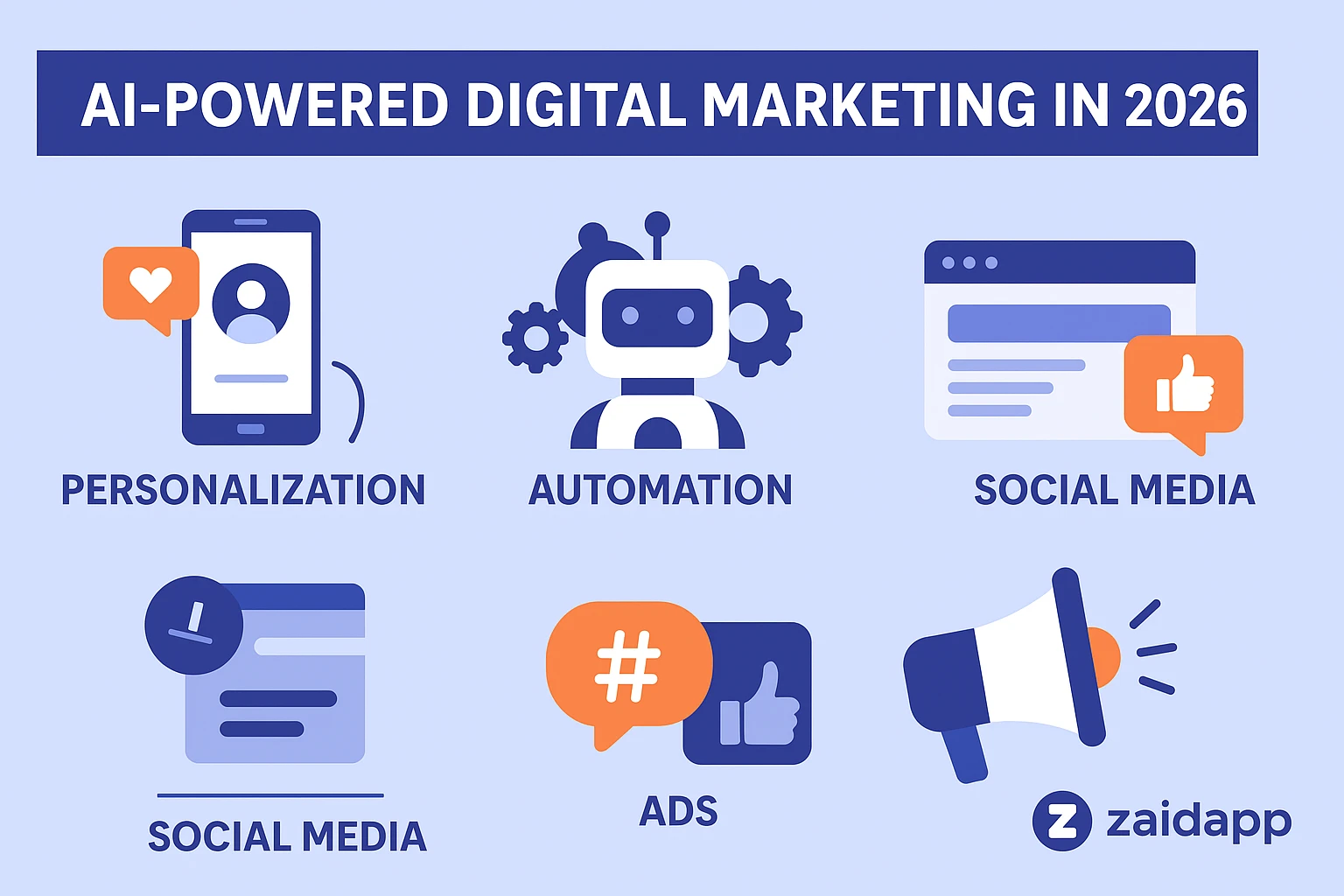Loading

In today’s digital-first world, having an online presence is no longer optional—it’s a necessity. Businesses of all sizes face a crucial decision: should they invest in a website first or a mobile app? While both serve as powerful tools to connect with customers, the choice depends on your business goals, target audience, and long-term strategy. This article explores the differences, benefits, and factors to help you decide wisely.
A business website is a digital storefront accessible through browsers on desktops, laptops, tablets, and smartphones. It provides information about your brand, products, or services, and can be designed for e-commerce, lead generation, or customer engagement.
A mobile app is software designed specifically for smartphones and tablets. Unlike websites, apps must be downloaded from app stores like Google Play or Apple App Store. They offer interactive features, offline capabilities, and more personalized experiences.
No matter the size of your company, a digital presence enhances credibility, accessibility, and customer trust. With over 5.3 billion internet users worldwide, choosing the right platform helps businesses stay ahead of the competition.
Websites are instantly accessible via browsers, requiring no downloads.
Apps demand user commitment but provide deeper engagement.
Website development is generally more affordable.
Mobile apps can be costlier due to platform-specific coding and maintenance.
Apps offer smoother navigation and personalization.
Websites cater to broad audiences with responsive design.
Websites can rank on search engines, boosting organic traffic.
Apps rely on app store optimization (ASO) and paid marketing strategies.
Anyone with internet access can view your website without needing to download an app.
Compared to apps, websites are less expensive and quicker to launch.
Websites can appear in Google search results, making them a valuable marketing asset.
A well-designed responsive website works seamlessly across desktops and mobile devices.
Apps allow businesses to send targeted updates directly to users’ devices.
Interactive features such as loyalty rewards, gamification, and real-time updates encourage repeat use.
Unlike websites, apps can work offline, offering uninterrupted user experiences.
Having a dedicated app creates a stronger emotional connection with your customers.
If your business is new and budget-conscious.
If you want to increase online visibility quickly.
If your goal is to provide general information or generate leads.
If your business relies heavily on customer engagement.
If you offer personalized services (fitness, banking, e-commerce).
If offline access and loyalty programs are essential.
Most startups launch with a website to test market demand before investing in apps.
Established businesses often develop apps to enhance customer retention and engagement.
Some businesses find success in building both—a website for visibility and an app for loyalty. This dual strategy maximizes reach and engagement simultaneously.
With the rise of progressive web apps (PWAs), businesses may soon enjoy the best of both worlds—website accessibility with app-like functionality.
Choosing between a website vs mobile app depends on your business stage, budget, and customer needs. If you’re just starting out, a website is a smart investment to build visibility. If your business already has a strong presence, a mobile app can take customer engagement to the next level. Ultimately, the best strategy is to align your digital platform with your long-term growth goals.
 Previous Post
Previous PostDiscover the Top 10 Indian Education Websites in 2026 for CBSE, ICSE, exam prep & free learning. Find the best EdTech portals to boost your studies.
 Next Post
Next PostDiscover how AI is transforming web & app development through automation, personalization, and smart design. Learn about tools, benefits, and future innovations
No comments yet. Be the first to comment!




